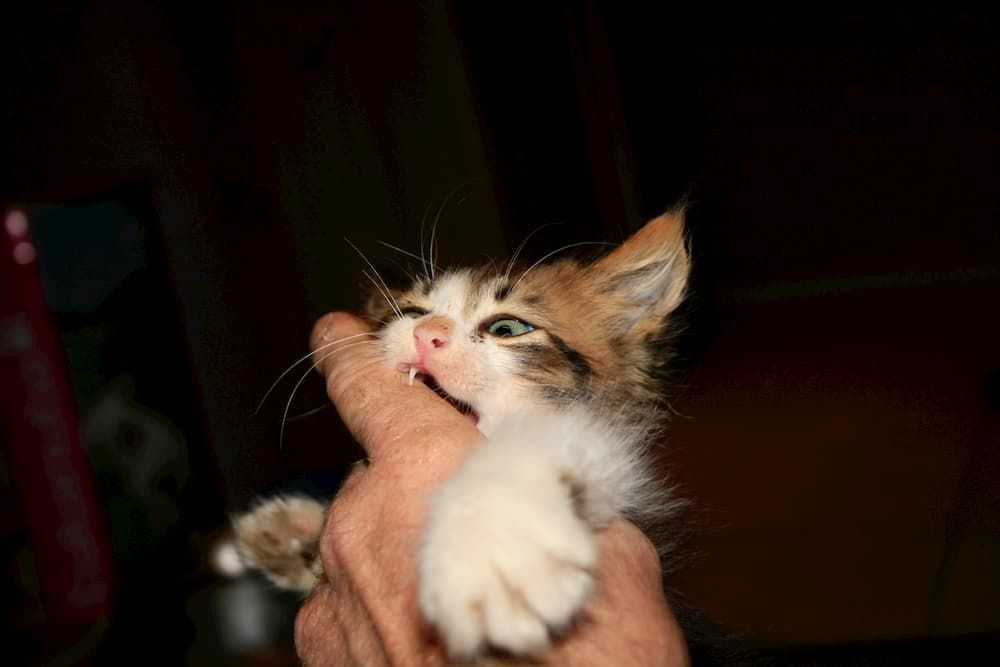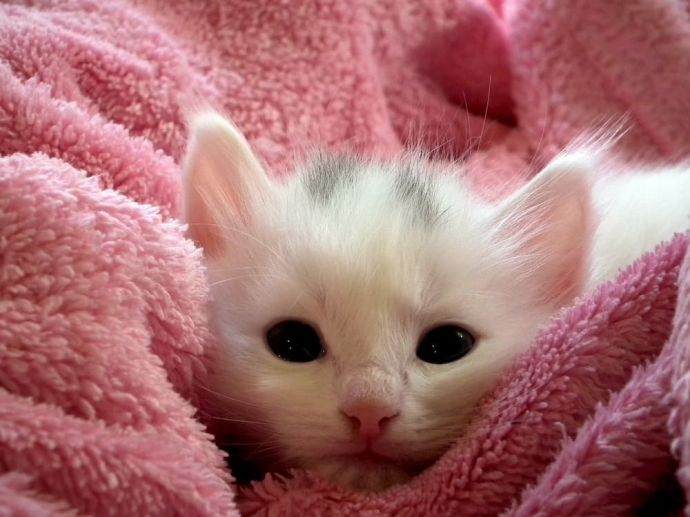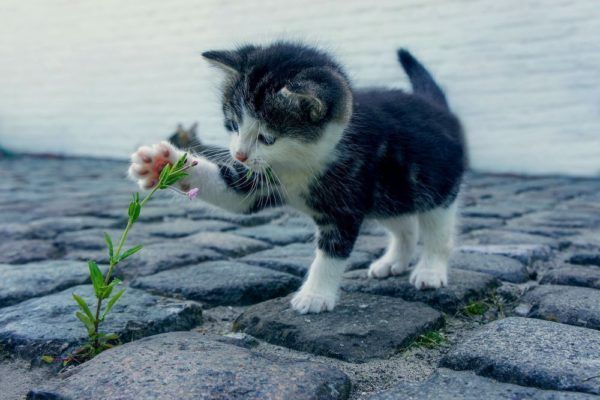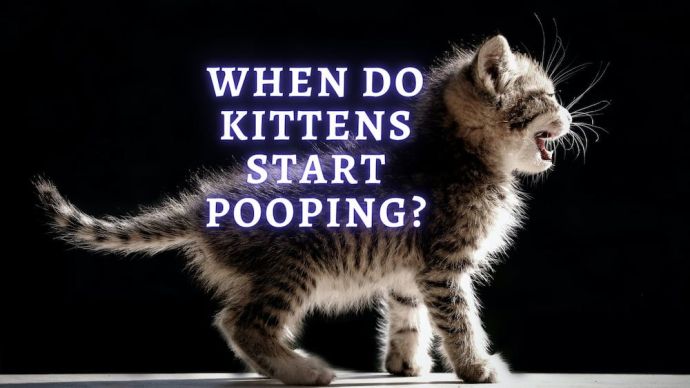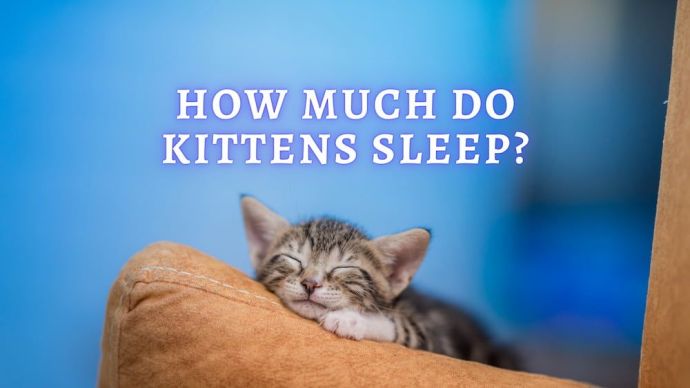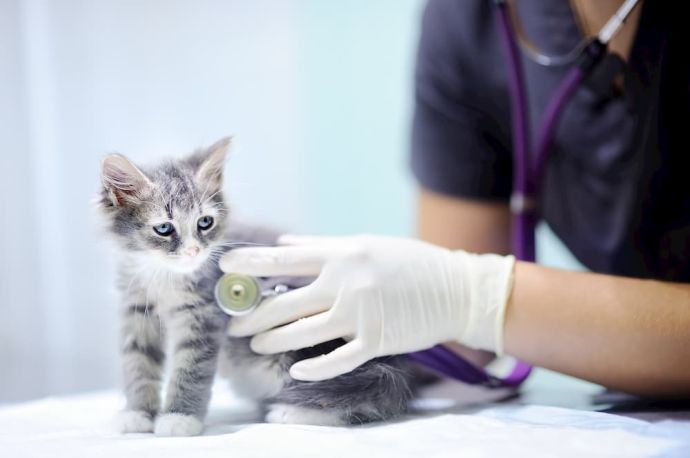Kittens First Shots: When do Kittens get their First Shots?
Written by:
Author: Dr. Linda Simon
Dr. Linda Simon is a veterinary surgeon working with seven years of experience. She is a fellow of the British Veterinary Association and specializing in animal medicine. Also, she has been the Woman magazine resident vet for the past two years and writes a regular column for them, focusing on pets and their health.
View all 30 articlesLearn about our editorial process and veterinary review board.
Viewed: 513
Updated on: 07/21/2021
One of the most important things we can do for our little furry friends is to make sure they have been fully vaccinated to protect them from many nasty diseases, some of which can even prove fatal.
When should a Kitten get their first Shots?
The vast majority of kittens will receive their nourishment from the mother cat’s breastmilk until they are about six to eight weeks old. This milk is packed full of antibodies and keeps kittens protected from many infections during their first weeks. However, once they stop nursing, this immunity gradually begins to decline. It is actually not recommended to vaccinate them while they still have these antibodies as the vaccine may not be effective. Due to this, we aim to vaccinate most kittens at about nine weeks of age, when the ‘maternal antibodies’ (antibodies from their mother’s milk) have reduced significantly.
While a kitten can be vaccinated at any age over nine weeks, the longer we wait to do this, the more risk there is that they may contract something dangerous from the world around them.
Owners should understand that vaccines are not a one-off. Most kittens require ‘booster vaccines’ three to four weeks after the initial set and further top-up injections every year.
What are the necessary Shots for Kittens?
Kittens and cats both typically receive the same vaccines. For most, this means protection against Cat Flu (Feline Herpes Virus and Feline Calici Virus), Feline Panleukopaenia Virus, and Feline Leukaemia Virus (FeLV). These are known as the ‘core’ vaccines as they are the ones that protect against diseases that can cause significant health issues in our kitty population. While this may seem like a lot of jabs, luckily, most vets can administer these in one single injection (Phew!).
There are also a number of ‘non-core vaccines, which the majority do not receive. These include Rabies, Chlamydia felis, and Feline Immunodeficiency Virus (FIV).
1. Cat Flu
Signs of cat flu include runny eyes, sneezing, and a failure to thrive. Some kittens can become very ill and may pass away if severely affected. Cat Flu is highly contagious, so if one kitten in the litter is affected, the other will likely start to show signs soon. Frustratingly, even those that recover from flu will be infected for life and can suffer from flare-ups throughout their lifetime, especially at times of stress.
2. Feline Panleukopenia Virus
Also known as ‘Feline Distemper’, Panleukopaenia is akin to the better-known ‘Parvovirus’ in puppies. It makes kittens very unwell and symptoms include vomiting, diarrhea, and a reduced appetite. The mortality rate is high, and, as with other viruses, there is no ‘cure’. This means that affected kittens and cats are managed with intensive supportive care, usually in a hospital setting, hoping they will pull through.
3. Feline Leukaemia Virus (FeLV)
FeLV is spread from affected cat to cat through liquids such as saliva and nasal secretions. Even mutual grooming can lead to infection spread. While cats may not show many (if any) signs initially, the longer they have the disease, the more chance they will start to develop issues such as anemia, chronic infections, and cancers.
4. Rabies
Depending on which country you and your cat are in, the Rabies jab may or may not be a core vaccine. In non-endemic countries such as the UK, kittens will only be vaccinated against Rabies if they are exported or will be traveling. Where Rabies is present, such as in the USA, Rabies vaccines are mandatory.
5. Chlamydia felis
This is a bacterial infection that can cause conjunctivitis, which may be severe. Some cats may also show signs of being generally unwell and might develop a short-lived fever. Those living with other cats (for example, in shelters or multi-cat households) would benefit most from this vaccine.
6. Feline Immunodeficiency Virus (FIV)
FIV is comparable to HIV in humans and causes a cat to become progressively more unwell as they age. It is most often spread via mating and fighting, so it is most common in uncastrated cars that roam outside. In many countries, including the UK, no effective vaccine is available.
RELATED: How to Raise a kitten
How much will cost the first Shots for Kittens?
There is no ‘set price’ for kitten vaccines and the cost will vary from clinic to clinic. You can usually expect to pay anywhere from $40 to $100 for a kitten’s first set of jabs, depending on whereabouts you live. Their first jabs should also include a vet check-up, and some clinics will also provide parasite prevention and a microchip at the same time.
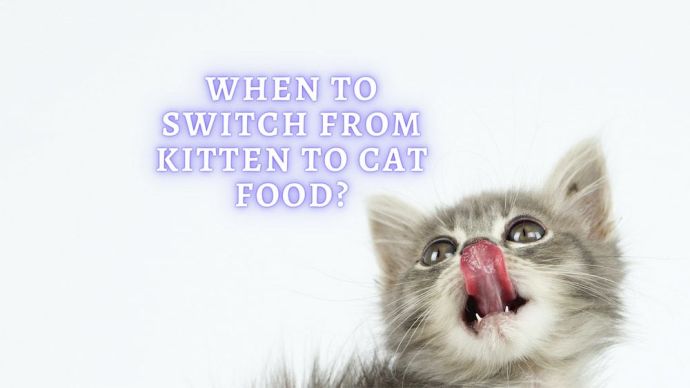 Kitten Care When to Switch from Kitten to Cat Food: Vet Advice on Switching on Adult Cat Food
Kitten Care When to Switch from Kitten to Cat Food: Vet Advice on Switching on Adult Cat Food - 331
- 0
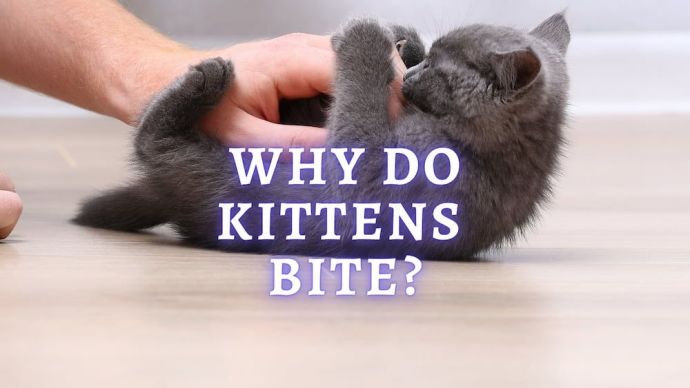 Kitten Care Why Do Kittens Bite? Reasons Why Do Kittens Bite And Ways To Stop Your Kitten Biting You
Kitten Care Why Do Kittens Bite? Reasons Why Do Kittens Bite And Ways To Stop Your Kitten Biting You - 176
- 0
 Cat Care Why Does My Cat Attack My Legs? 10 Reasons Why and What To Do About It (Vet-Approved Advice)
Cat Care Why Does My Cat Attack My Legs? 10 Reasons Why and What To Do About It (Vet-Approved Advice) - 46013
- 21
 Cat Veterinary Tips Cat Stomach Gurgling: Vet Advice on Why is Your Cat Stomach Gurgling?
Cat Veterinary Tips Cat Stomach Gurgling: Vet Advice on Why is Your Cat Stomach Gurgling? - 36469
- 4
 Cat Veterinary Tips My Cat Lost its Voice: Can Cats get Laryngitis? (Vet Advice)
Cat Veterinary Tips My Cat Lost its Voice: Can Cats get Laryngitis? (Vet Advice) - 23554
- 13











